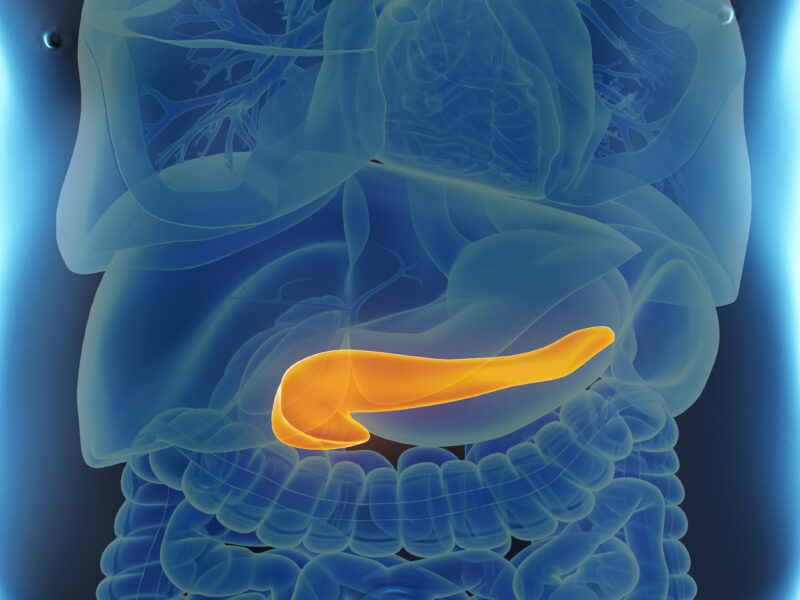Probiotics are Safe and Feasible for Gastrointestinal Symptoms in Autism Spectrum Disorders
Probiotics are Safe and Feasible for Gastrointestinal Symptoms in Autism Spectrum Disorders https://pediatricsnationwide.org/wp-content/themes/corpus/images/empty/thumbnail.jpg 150 150 Mary Bates, PhD Mary Bates, PhD https://secure.gravatar.com/avatar/c6233ca2b7754ab7c4c820e14eb518c8?s=96&d=mm&r=g- October 13, 2020
- Mary Bates, PhD
A pilot trial found a trend toward improvements in quality of life in patients treated with probiotics.
Gastrointestinal disorders and anxiety symptoms are commonly reported in children with autism spectrum disorder (ASD). Recent research in rodent models and neurotypical humans has demonstrated that changing the gut microbiota can improve gastrointestinal (GI) symptoms. Some studies even report that changes in gut microbiota can impact neurobehavioral function. These lines of research suggest that altering the gut microbiota, for instance, through probiotic treatment, could improve GI and anxiety symptoms in children with ASD.
To test the feasibility of a randomized, placebo-controlled trial of probiotic treatment in children with ASD, researchers recently ran a pilot trial with ten children. The study was a crossover trial, in which children with ASD, GI symptoms, and anxiety were randomly assigned to either a probiotic or a placebo for 8 weeks, followed by a 3-week washout and then an 8-week crossover treatment.
The results were encouraging, the researchers say. The probiotic treatment was safe, with no major adverse effects reported, and changes on some measures suggest a benefit.
“As expected due to the small sample size, we did not find statistical significance between the treatments but we saw a trend towards in improvement in GI symptoms with probiotic treatment,” says Kent Williams, MD, attending pediatric gastroenterologist at Nationwide Children’s Hospital and one of the study’s authors.
However, the anxiety measure used by the researchers was either not sensitive enough to pick up any changes or the probiotic formulation tested does not affect anxiety in ASD.
Overall, the results of this pilot study justify a larger intervention trial for children with ASD, GI dysfunction, and anxiety, says Daniel Coury, MD, a member of the section of developmental and behavioral pediatrics at Nationwide Children’s and one of the study’s authors.
“A larger study of the same design or a parallel-group design would be helpful,” he says. “Although we saw some improvements in GI symptoms and quality of life, we need more participants to determine if there truly is an effect or not.”
Dr. Coury, who is also professor of clinical pediatrics and psychiatry at The Ohio State University College of Medicine, says a larger sample would allow for subgroup analyses by sex, type of GI dysfunction, and other participant characteristics.
“If we could find out which patients can benefit from probiotics and how much benefit they might get for what symptoms, that would allow us to provide more personalized medicine for children on the autism spectrum,” he says.
Dr. Williams, who is also assistant professor of clinical pediatrics at The Ohio State University College of Medicine, agrees.
“If we do find an effect, this could be a safe and simple treatment that families could use,” he says. “We just need further studies to determine if there really is an effect.”
Reference:
Arnold LE, Luna RA, Williams K, Chan J, Parker RA, Wu Q, Hollway JA, Jeffs A, Lu F, Coury DL, Hayes C, and Savidge T. Probiotics for Gastrointestinal Symptoms and Quality of Life in Autism: A Placebo-Controlled Pilot Trial. Journal of Child and Adolescent Psychopharmacology. 2019;29(9):659-669. doi:10.1089/cap.2018.0156.
Image credit: Nationwide Children’s
About the author
Mary a freelance science writer and blogger based in Boston. Her favorite topics include biology, psychology, neuroscience, ecology, and animal behavior. She has a BA in Biology-Psychology with a minor in English from Skidmore College in Saratoga Springs, NY, and a PhD from Brown University, where she researched bat echolocation and bullfrog chorusing.
-
Mary Bates, PhDhttps://pediatricsnationwide.org/author/mary-bates-phd/December 27, 2016
-
Mary Bates, PhDhttps://pediatricsnationwide.org/author/mary-bates-phd/
-
Mary Bates, PhDhttps://pediatricsnationwide.org/author/mary-bates-phd/
-
Mary Bates, PhDhttps://pediatricsnationwide.org/author/mary-bates-phd/
- Posted In:
- In Brief






